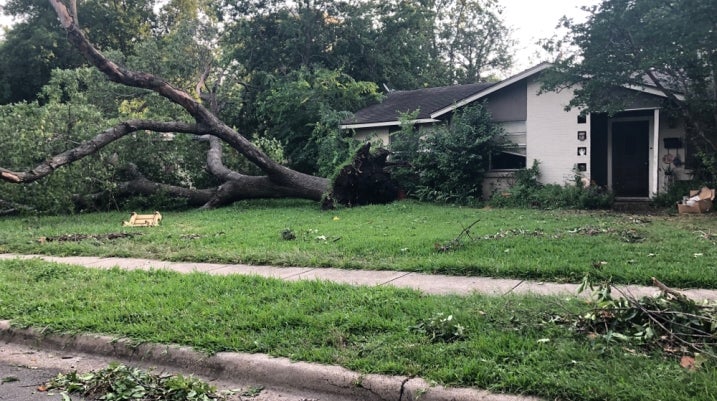Understanding Hurricane Insurance Coverage

If you live in an area frequently hit by hurricanes, it’s essential to take steps to protect your home or business. While storm-proofing your property is crucial, ensuring that your insurance policies are active and comprehensive is equally important. Insurance policies can be complicated, and companies sometimes use this complexity to their advantage when you file a claim. Here’s what you need to know about hurricane insurance coverage and why you might need a hurricane insurance lawyer to help you get back on your feet after a storm.
How Much Does Hurricane Insurance Coverage Cost?
The cost of hurricane insurance varies widely based on several factors:
- Combined Policies: “Hurricane coverage” typically includes both homeowners and flood insurance.
- Location and Home Value: Prices depend on your insurance carrier, where you live, and the value of your home or business.
You can check the average cost of home insurance in your area on Insurance.com. For the average cost of flood insurance, try QuoteWizard. Interestingly, states like Florida, Maryland, and Texas, which experience frequent storms, often have the cheapest flood insurance policies. For instance, Florida’s average flood insurance cost is $550 per year.
What About Deductibles?
Deductibles can range from $500 to $2,500 or higher. Generally, the higher the deductible, the lower the rate, and vice versa. Some states also have special deductibles for hurricane damage, which must be met before any losses are covered. Be sure to familiarize yourself with your policy, your provider’s rules, and any state laws regarding hurricane or storm coverage.
Experts recommend purchasing at least $300,000 in liability coverage for your home to ensure it covers the full extent of your potential losses.
How Easy Is It to Recover Insurance Money for Hurricane Damage?
Recovering insurance money for hurricane damage can be challenging. Even with the correct coverage and a valid claim, your insurance carrier may delay or deny compensation. Their goal is often to pay as little as possible. Common tactics include:
- Delaying Processing or Fulfillment: Slowing down the claim process.
- Offering Partial Payment: Undervaluing the claim.
- Requesting Written Releases: Asking you to sign a release of supplemental claims.
- Claiming Non-Coverage: Stating that certain damages aren’t covered by your policy, even if they are.
- Coercing Acceptance: Trying to convince you to accept less money than you deserve.
When faced with these bad-faith tactics, it’s best to contact a hurricane insurance claim lawyer who can take on the insurance company. With 1,000 attorneys, 4,000 support staff, and over 35 years of experience, Morgan & Morgan has the resources to fight these companies and win.
How Do I Contact a Hurricane Insurance Lawyer?
If the insurance company has denied, delayed, or undervalued your claim, contact Morgan & Morgan. Since 1988, we’ve been fighting for the people and holding big companies accountable. Across all practice areas, we have recovered over $25 billion for our clients, and we may be able to help you.
To learn more, contact us for a free, no-risk case evaluation. It costs nothing upfront to hire us, and we get paid only if you win.
How Do I Get Hurricane Insurance Coverage?
Typically, you can’t purchase a specific “hurricane coverage” policy to protect against tropical storms. However, most homeowners insurance policies include coverage for wind damage, which is essential. Ensure your policy includes this coverage, and if not, ask why and how much it will cost to add it.
Additionally, you should purchase flood insurance to cover flood damage (after meeting your deductible). By pairing wind and flood insurance, you essentially have comprehensive hurricane coverage.
Keep in mind that in many states, you cannot open a new policy (e.g., for flood damage) once a storm watch has been issued or within 48 hours before a storm hits. Therefore, it’s best to check your policy as soon as possible to ensure your coverage is comprehensive.
Injured? Getting the compensation you deserve starts here.

Injured?
Not sure what to do next?
We'll guide you through everything you need to know.